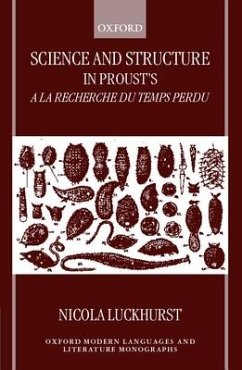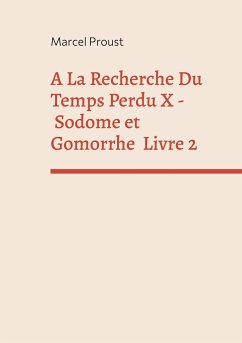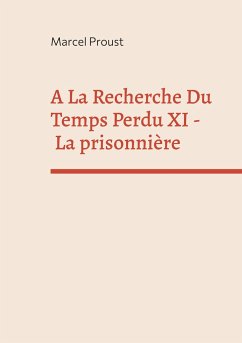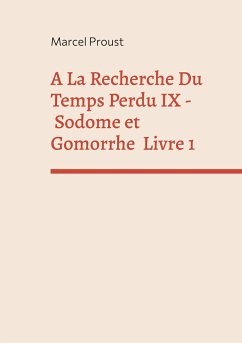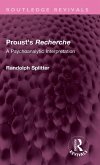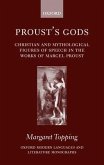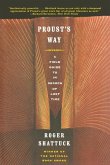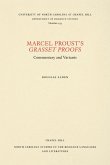Proust is read as a writer of maxims and metaphors, of short and long sentences, as at once an aesthete and a scientific thinker. His A la recherche du temps perdu is a hybrid, a novel-essay, an epistemological debate that crosses the boundaries between two cultures, art and science. Science and Structure explores the epistemological alertness and anxiety of Proust's masterpiece and in so doing illuminates the interrelations between "modernist" art and science.
Proust's A la recherche du temps perdu is a hybrid, a novel-essay, a capacious work of fiction containing a commonplace-book. It might, as Roland Barthes has suggested, be thought of as the product of profound and cherished indecision, Proust's indecision between two styles of writing, the moralistic and the fictive/novelistic/romanesque. Structure and Science is an exploration of this indecision. The shorter Proust, Proust the moraliste, is a prolific writer of maxims, from the laws of the passions to the aesthetic manifesto of the Temps retrouvé to the [?rapacious] teeming/fertile/spawning/exuberant/luxuriant reflection(s) on sexuality, politics, society. Yet these maxims, whose grammar lays claim to timelessness, are bound up in narrative, the story of their evolution. And disintegration. Proust's moralizing exposes our affective relationship with law statements, with authority, and it is this question that engages A la recherche in an epistemological debate which crosses the boundaries between the two cultures, art and science. What might be called the epistemological alertness of Proust's text is explored at this interface between 'modernist' science and literature.
Proust's A la recherche du temps perdu is a hybrid, a novel-essay, a capacious work of fiction containing a commonplace-book. It might, as Roland Barthes has suggested, be thought of as the product of profound and cherished indecision, Proust's indecision between two styles of writing, the moralistic and the fictive/novelistic/romanesque. Structure and Science is an exploration of this indecision. The shorter Proust, Proust the moraliste, is a prolific writer of maxims, from the laws of the passions to the aesthetic manifesto of the Temps retrouvé to the [?rapacious] teeming/fertile/spawning/exuberant/luxuriant reflection(s) on sexuality, politics, society. Yet these maxims, whose grammar lays claim to timelessness, are bound up in narrative, the story of their evolution. And disintegration. Proust's moralizing exposes our affective relationship with law statements, with authority, and it is this question that engages A la recherche in an epistemological debate which crosses the boundaries between the two cultures, art and science. What might be called the epistemological alertness of Proust's text is explored at this interface between 'modernist' science and literature.

